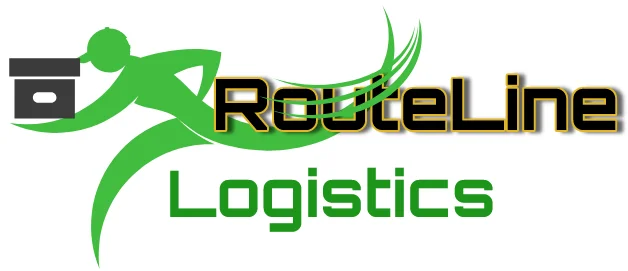Explore strategies for developing strong supplier partnerships that drive value, innovation, and competitive advantage.
**Supplier Selection and Evaluation**
Comprehensive supplier evaluation considers not just price, but also quality, reliability, financial stability, and strategic fit. Multi-criteria decision analysis helps identify suppliers that align with long-term business objectives.
**Performance Monitoring and Scorecards**
Regular performance measurement tracks key metrics including quality, delivery, cost, and service. Supplier scorecards provide objective feedback and identify improvement opportunities.
**Relationship Development**
Strong supplier relationships require regular communication, joint planning, and shared goals. Collaborative relationships often yield innovation, cost savings, and competitive advantages that benefit both parties.
**Risk Assessment and Mitigation**
Supplier risk assessment evaluates financial stability, operational capacity, and external risks. Diversification strategies and contingency plans protect against supplier failures or disruptions.
**Contract Management**
Well-structured contracts define expectations, performance standards, and risk allocation. Regular contract reviews ensure terms remain relevant and beneficial as business conditions change.
**Supplier Development Programs**
Investing in supplier capabilities through training, technology sharing, and process improvement creates stronger, more capable supply partners. These programs often yield significant returns through improved performance.
**Innovation Collaboration**
Leading companies engage suppliers in innovation initiatives, leveraging their expertise and capabilities to develop new products, processes, and solutions.
Effective vendor management creates competitive advantages that extend far beyond cost savings to include innovation, quality, and market responsiveness.
